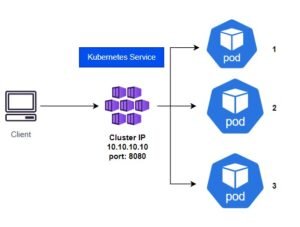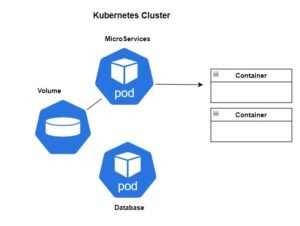DevSecOps is an evolution of the DevOps methodology, where the integration of security practices is paramount throughout the software development lifecycle (SDLC).
PFB Some aspects below
Shift-left approach: This concept implies bringing security considerations as early as possible in the development process. Instead of addressing security concerns only at the end of development or during deployment, security practices are integrated from the planning and design phases onward. This shift-left approach helps catch vulnerabilities and security issues early when they are typically less costly to fix.
Security as code: Just like infrastructure and application code, security configurations and policies are managed as code. This means using version control systems (e.g., Git) to store security-related configurations, policies, and scripts. By treating security as code, teams can apply principles like peer review, automation, and continuous integration/continuous deployment (CI/CD) to ensure security measures are consistently applied and easily auditable.
Automation of security testing and compliance checks: Automation is a core tenet of DevSecOps. Security testing, including static code analysis, dynamic application security testing (DAST), dependency scanning, vulnerability assessments, and compliance checks, is automated wherever possible. This automation enables fast feedback loops, ensuring that security issues are identified and addressed rapidly.
Continuous integration and continuous deployment (CI/CD): CI/CD pipelines automate the process of building, testing, and deploying software. In a DevSecOps environment, security checks are seamlessly integrated into these pipelines. Security gates are established at various stages of the pipeline to ensure that only secure code is promoted to production. Automated testing and security scans are conducted at every commit or pull request, providing immediate feedback to developers.
Culture and collaboration: DevSecOps emphasizes a culture of collaboration and shared responsibility among development, operations, and security teams. Security professionals work closely with developers and operations teams throughout the SDLC to ensure security measures are implemented effectively. By fostering collaboration and communication, DevSecOps aims to break down silos and build a culture where security is everyone’s responsibility.
Continuous monitoring and response: DevSecOps extends beyond development and deployment. It includes continuous monitoring of applications and infrastructure in production environments. Security monitoring tools are employed to detect and respond to security threats and anomalies in real-time. This proactive approach helps mitigate security risks and ensures the ongoing security of deployed systems.
Adoption of security-focused tools and technologies: DevSecOps teams leverage a wide range of security tools and technologies to enhance their security posture. This may include tools for threat intelligence, security information and event management (SIEM), intrusion detection and prevention systems (IDPS), encryption, identity and access management (IAM), and more.
Overall, DevSecOps represents a cultural shift in how organizations approach security in the context of DevOps. By integrating security practices into every stage of the SDLC and fostering collaboration across teams, DevSecOps enables organizations to deliver secure software more rapidly and effectively.
To Explore More in DevSecOps- Read More :
Roles and Responsibilities of DevSecOps Engineer
DevSecOps Tool-Static Application Security Testing (SAST) tools
DevSecOps Tool-Dynamic Application Security Testing (DAST) Tools
DevSecOps Tool-Software Composition Analysis (SCA) Tools
DevSecOps Tool-Container Security Tools in DevSecOps
DevSecOps Tool-Infrastructure as Code (IaC) security Tools
DevSecOps Tools – Secrets Management Tools
DevSecOps Tools – Vulnerability Management Tools
DevSecOps Tools – Security Orchestration, Automation, and Response (SOAR) Tools
Identity and Access Management-(IAM) in DevSecOps
DevSecOps Tools – Security Information and Event Management (SIEM) tools




